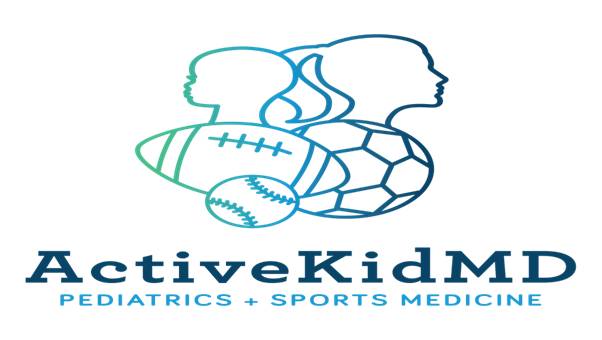Should Athletes be Required to Drink Fluids During Exercise?
It seems that water bottles are virtual necessities in the sports world, right up there with the latest in athletic shoes, balls, and other key equipment. Reliance on forced drinking schedules and repeated admonitions to drink, drink, and oh yes, don't forget to drink seem to be just as commonplace.
While water or other sports fluid intake is generally considered a positive factor in sports, is there a chance that dependence, or namely over-dependence on drinking during exercise could actually cause more harm than good?
The answer is yes.
According to the Statement of the 3rd International Exercise-Associated Hyponatremia Consensus Development Conference, Carlsbad, California, 2015, over-indulgence of water and sports fluids can lead to a lowering of sodium levels in the blood stream, creating a situation called hyponatremia which can lead to fatigue, confusion, seizures, and ultimately death from brain swelling.
Related Topic:
My exposure to exercise-associated hyponatremia has been with marathons and Ironman triathlon distance events, and common teaching indicates that such endurance events indeed have the highest risk profiles.
What is particularly alarming and frightening is the growing series of reported symptomatic hyponatremia events in previously less suspected activities such as football (high school, college and professional levels), yoga, hiking and swimming. Probably several more cases that have never reached the medical literature.
All because sustained and excessive water or sports drink intake volume that became greater than sweat, urination and respiratory fluid losses leading to over-hydration and lower blood salt levels.
Yes, sports beverage do have some salt content, but often those sodium levels are too low to offset the large amount of fluid ingested. Thus, one cannot safely assume that ingesting sports beverages with their higher salt content than water will completely prevent the development of hyponatremia.
So then, should we just throw away all those sports drink bottles? Or how about do away with any forced recommendations to drink? What then are some sensible recommendations for amount of fluid intake during exercise?
I'll paraphrase from the Consensus Statement:
- Use the natural thirst mechanism to guide need to drink during exercise and thus reduce excessive drinking that may lead to hyponatremia while providing sufficient fluid intake to ward off excessive dehydration
- Educational efforts to reduce overhydration should be shared with athletes, coaches, families, and event coordinators
- Limiting access to fluids (or in my opinion, eliminating forced or mandated ingestion of a certain numeric amount of fluid or adhering to a particular schedule) may also be of benefit.
Bottom line- like many things in life, too much of a good thing can actually be a bad thing.
Focusing on finite amounts of fluids (bottles drank, ounces consumed) may not be the best guide, for according to the consensus statement, most healthy athletes should use thirst as a reputable guide in most exercise conditions and situations, and if there are any doubts, please do not hesitate to contact a trusted sports medicine professional for more individualized advice.
This blog post is not intended to provide specific diagnostic or treatment advice in the absence of a established professional evaluation. Individuals who read this should freely discuss information with their medical professional or sports medicine professional before changing any behaviors or practices.
